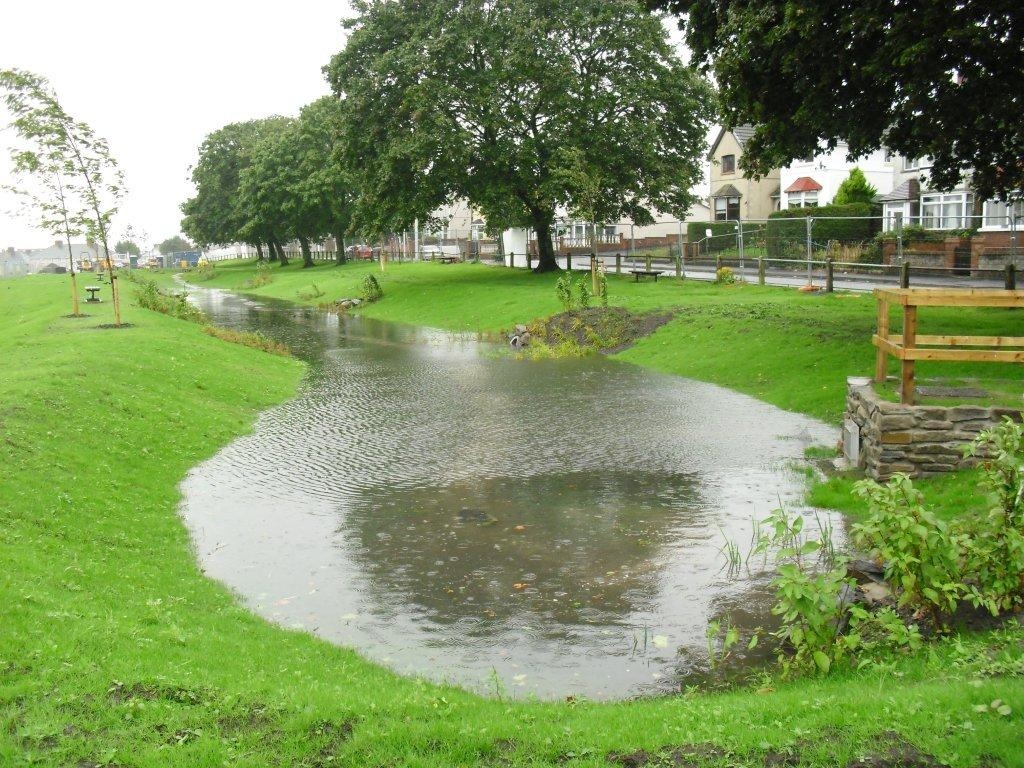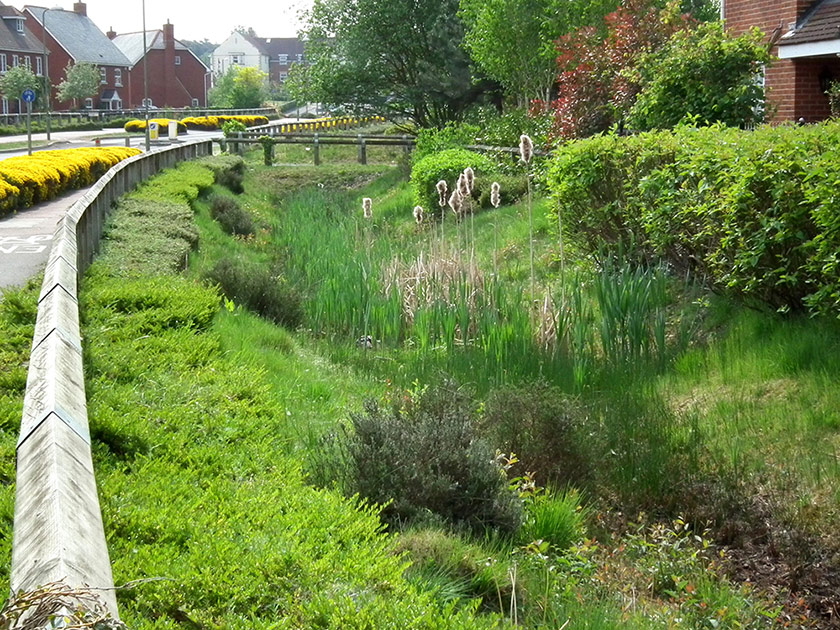Ecology
Given the site’s existing agricultural use, it is generally of low ecological value. Currently only the boundary hedging, woodland and a small watercourse along the eastern edge of the site offer ecological habitats which we will retain and protect.
We propose to create community open space and green infrastructure to enhance the landscape which will be aided by the creation of new habitats for wildlife as part of our environmental policy. A full suite of ecological surveys have been undertaken for protected plants and animals to understand the wildlife currently located on the land.
Badgers
Badger setts have been monitored since 2021. Any long-term habitat creation or enhancement would be mindful of badgers’ foraging preferences.
Bats
Bat activity surveys have been carried out since 2021. Results suggest that no bats roost on-site. Bat access tiles and bat boxes installed on new buildings would increase roosting for bats as most of the existing cropland is of low value to bats.
Great-Crested Newts (GCN)
Three Terrestrial GCN surveys have been carried out since 2021 and no amphibians have been found. New attenuation features incorporated into the development would increase the site’s value to GCN and other amphibians.
Reptiles:
Reptile surveys conducted since 2021 have not found any reptiles on-site.
Birds:
Winter Bird and Nesting Bird Surveys have been carried out and do not present any constraints.

Responding to Climate Change
In response to the climate emergency, the proposed design and construction of this development would incorporate a number of sustainability initiatives that will make a valuable contribution to the quality of life of new residents, the existing local community and the wider environment.
Nicholas King Homes are committed to sustainable, energy efficient development.
Key aspects include:
- Incorporating low carbon technologies into the development where practicable.
- Improving the energy efficiency of all units and thereby reducing the long-term energy demands of the development and the carbon footprint of the site.
- Avoiding the use of fossil fuels with alternative methods such as photovoltic solar panels and air source heat pumps.
- Using appliances, fixtures and fittings that reduce the use of water, and providing water butts for rainwater collection.
- Limiting waste production during construction through a Site Waste Management Plan.
- Ensuring that nuisances to the local community are minimised by registering the site with, and implementing the requirements of the Considerate Constructor’s Scheme.
- Encouraging all residents to reduce their environmental impacts by providing information on how to use water and energy as efficiently as possible, and outlining the recycling services both within the homes, the local community and other facilities in the district.
- Improving existing habitat features via supplementary planting and introducing new habitat features, such as bird and bat boxes.
- Reduce the resources used at the development during construction and occupation and enhance the site’s ecological features and assets.
- Provision of Home working areas or studies to allow home working and therefore reducing the need to commute.
- Provision of active EV charging for homes with on plot parking.
Proposals will include Sustainable Urban Drainage (SuDs) that would mitigate the impacts of Climate Change by reducing overall surface water run-off rates during periods of high rainfall.


Contact Us
If you have any queries, please contact Melisa Geshteja of SP Broadway via melisa@spbroadway.com

